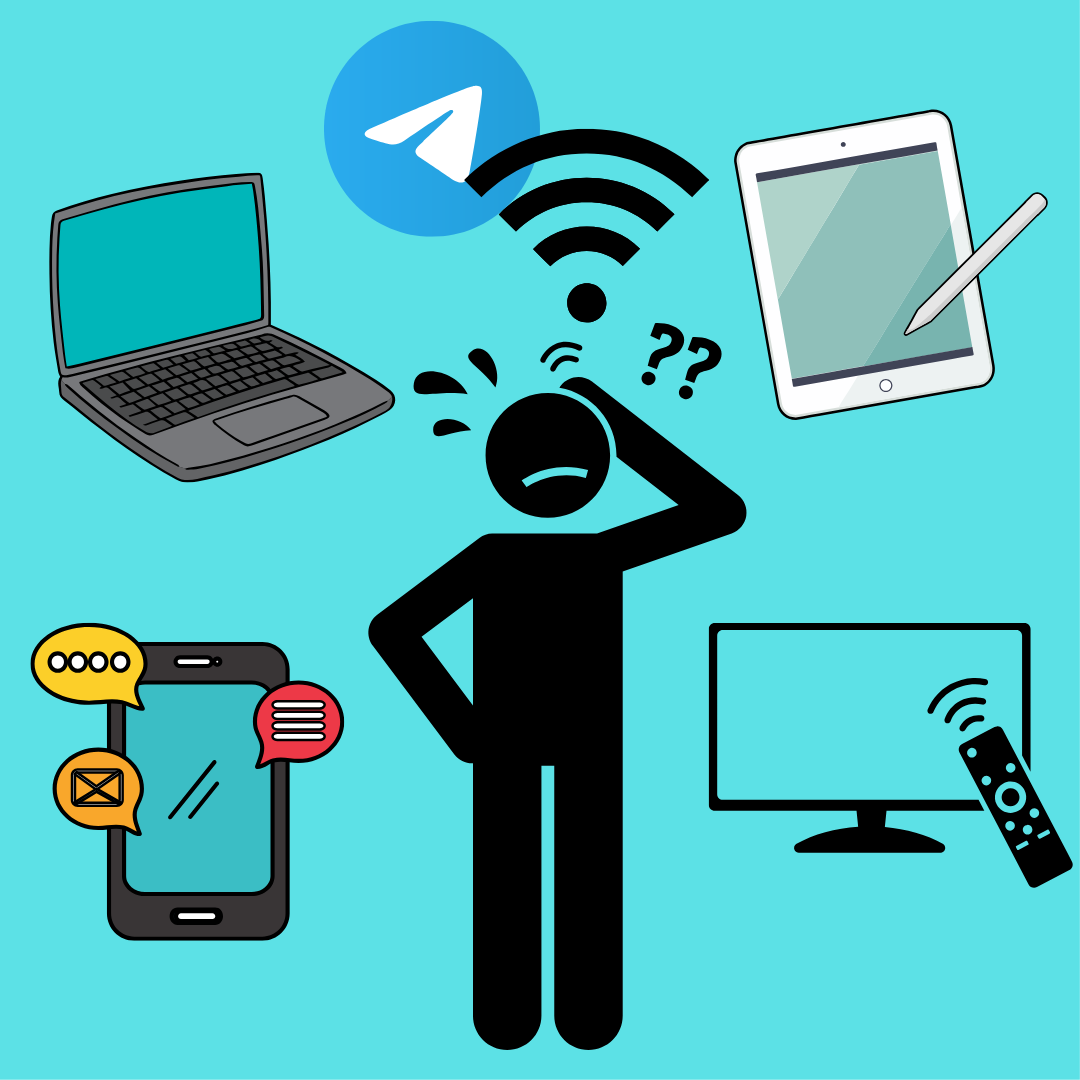A narrative on dealing with the disease
Since I was diagnosed with type 1 diabetes in 2010, my life has always revolved around who I was as a diabetic rather than as a human. Diabetes is a chronic, life-altering disease that is classified by pancreatic inability.
There are actually three classifications of diabetes, which most people did not know: type 1, type 2 and gestational diabetes. Whenever asked about my condition, the questions I am usually hit with is either “Is yours the bad one?” or “Does that mean you have too much or too little sugar?”
It is alarming how little people know about this disease. Diabetes is about my pancreas not working inside of my body, therefore there are a lot of fluctuations in “how much sugar” I have in my body. And technically yes, I suppose type 1 is the “bad one,” since I will live with it until I die and it poses multiple long-term, degenerative threats to my well-being if I do not take care of my health.
These diseases should be looked at separately to get a grip on what they truly entail.[mks_pullquote align=”left” width=”300″ size=”24″ bg_color=”#cecece” txt_color=”#000000″]“I want to dedicate my career to working with the company that is set on finding a more effective cure to the disease…”[/mks_pullquote]
For type 2 diabetes, you either have a family history of the disease, or more likely, you acquire the disease from having an unhealthy lifestyle in terms of diet and exercise; it is easy to treat with the therapies available today. Gestational diabetes simply lasts the duration of a woman’s pregnancy.
I was a healthy and active child with no family history of diabetes. Being diagnosed with type 1 diabetes was up to chance, as the only reason I was given for my diagnosis was that the sequence of my genome put me at risk to acquire diabetes, and it was going to require a great deal of my attention in life to keep it from really harming me.
Looking back at my diagnosis, it was hard to come to terms with the gravity of the situation, which led me to ignore my disease a lot through my early teenage years. It was hard to hear that I would need to change my lifestyle completely in order to keep my health in check.
As a younger person, my greatest muddle with the disease was time. It took away from normal activities. Participating in sports required vigilance because exercise lowers your blood sugar. Eating required extreme vigilance because carbohydrates increase your blood sugar.
Being a normal kid was hard when having to take time during sports to check my blood sugar or having to wait before eating with my friends to give myself insulin first.
Advances in technology have made diabetes easier to control, however there are still many problems for diabetics.
As of now, being a young adult set to graduate this spring, my number one concern is affordability in the future. I do have time until I am off my family’s insurance plan, but having a chronic disease is very expensive, and it will be a constant cost throughout my life.
Insulin is overpriced, but I have no choice in whether to fill my prescription because my body does not produce any and I’ll die without it. I’ve had to deal with the pressure of switching to alternative treatments because of insurance and formulary changes leading to unaffordable prices, and I do worry about affording care for myself on an entry level salary.
The one positive I’ve gained from living with diabetes is a drive. I am a pharmaceutical and healthcare marketing major, and I interned at a global diabetes company this past summer.
I want to dedicate my career to working with the company that is set on finding a more effective cure to the disease and better the quality of life for the millions of people living with this condition, because a true cure is a possibility within the next few decades.
Until then, catch me pricking my finger four times a day and playing on a device that resembles a pager whenever I need to eat.














































